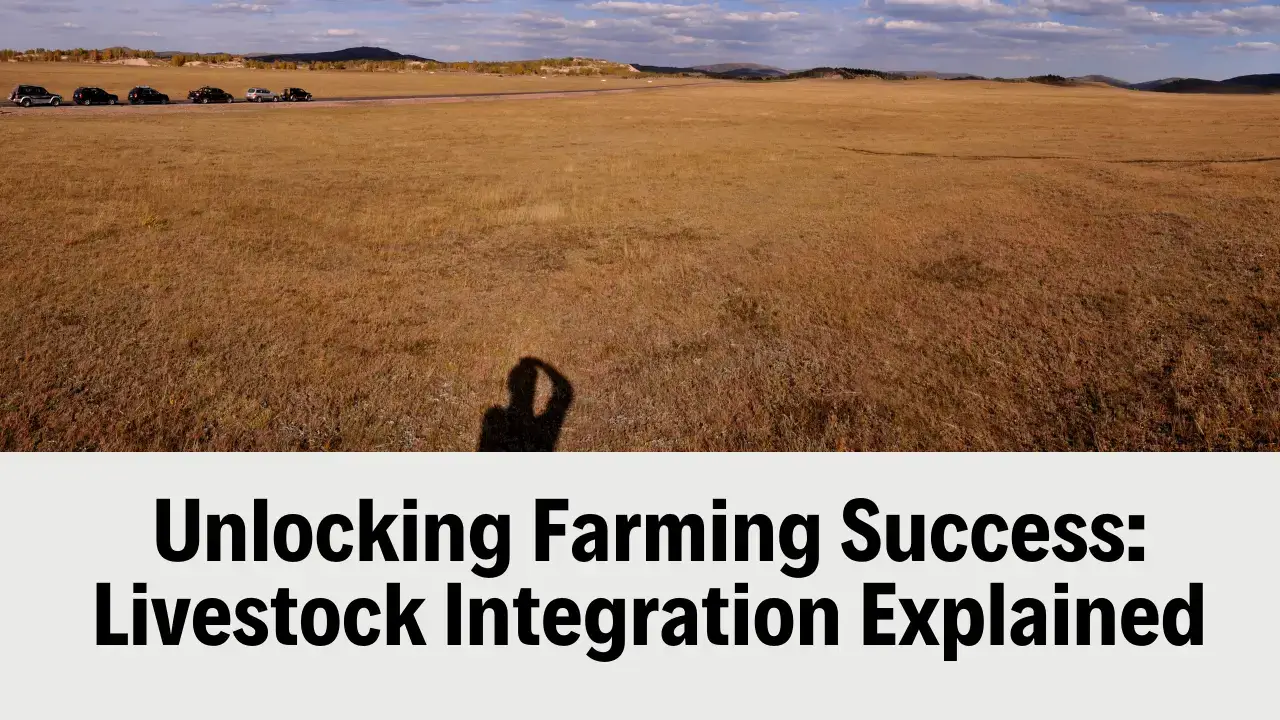Traditionally, calendars in North Karnataka served as windows to auspicious dates, religious festivals, and portraits of gods and goddesses. But a refreshing wave is changing the script. Calendars promoting social causes, from Ambedkar’s teachings to environmental awareness, are finding a burgeoning niche among the people. This shift, while nascent, signals a deeper engagement with issues beyond the calendar’s usual purview.
One key driver is the proactive role of organizations. Mallikarjun Radder of Varadashri Foundation spearheaded the creation of “Jnana Kannadi”, a calendar highlighting social and progressive ideas. Similarly, Basavaraj Sulibhavi of Ladai Prakashana has seen his “Samvidhana Shilpi Dinadarshi” calendar, focused on Dr. Ambedkar’s thoughts, become a sought-after item. Organizations like the Hubballi-Dharwad Ward Samiti Balaga are also joining the fray, offering calendars promoting civic responsibility at cost-to-cost prices.
These calendars intentionally move away from religious iconography and auspicious dates. Instead, they feature informative snippets, quotes, and illustrations related to their chosen cause. For instance, “Jnana Kannadi” might have articles on women’s empowerment alongside historical facts and biographies of influential figures. “Samvidhana Shilpi Dinadarshi” delves into Dr. Ambedkar’s writings on social justice and equality. This content-driven approach aims to not only track time but also spark conversations and raise awareness.
The reception has been encouraging. People are actively choosing these cause-based calendars over traditional ones, often even gifting them to others. This resonates with Lingaraj Dharwadshettar, Convenor of the Hubballi-Dharwad Ward Samiti Balaga, who observed their calendars selling out quickly. The trend signifies a growing desire for information and social engagement, finding an unlikely platform in the humble calendar.
However, challenges remain. Creating high-quality content and sourcing sustainable printing materials require resources and expertise. Organizations are often bootstrapped, relying on volunteers and community support. Distribution networks also need expansion to reach wider audiences, especially in rural areas.
Despite these hurdles, the burgeoning popularity of cause-based calendars in North Karnataka holds immense promise. They bridge the gap between information access and community engagement, weaving social issues into the very fabric of everyday life. As communities embrace these calendars, they not only track time but also work towards a more informed and conscious future. This trend is a testament to the evolving role of calendars, transcending their traditional boundaries to become Catalysts for social change in North Karnataka and beyond.







